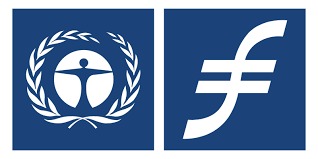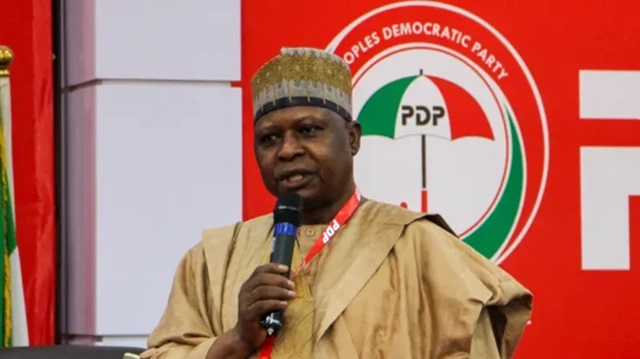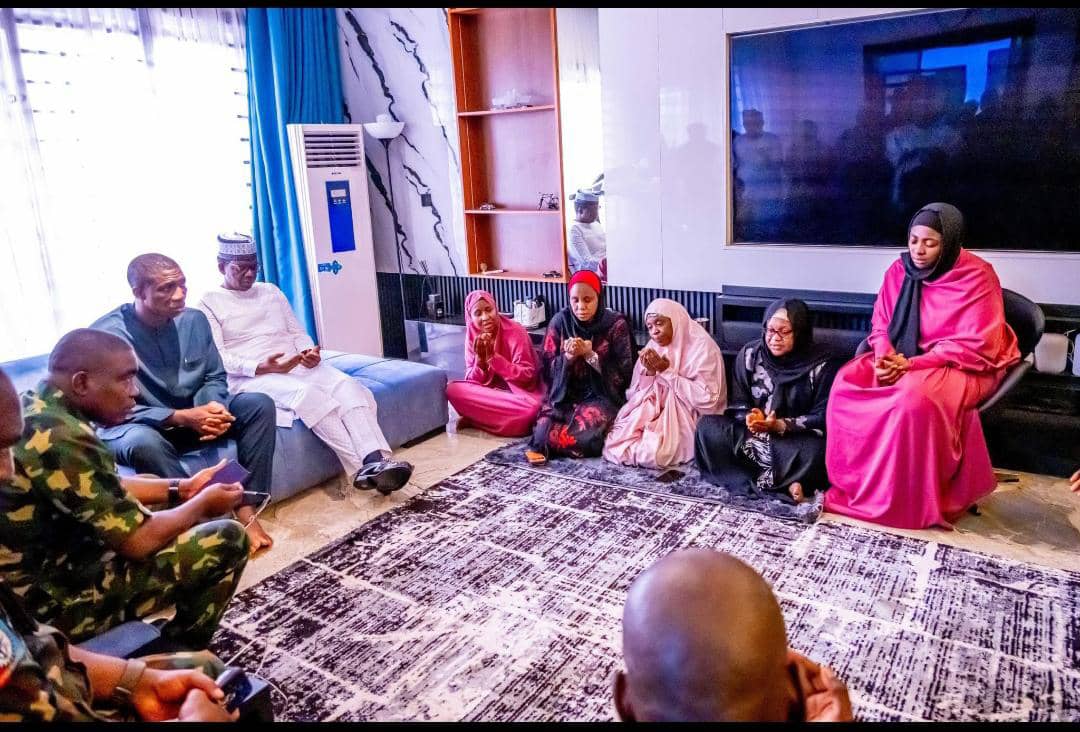The Nigerian federal government has teamed up with the United Nations Environment Programme (UNEP) and the Frankfurt School of Finance and Management to promote clean captive installations for industrial clients in sub-Saharan Africa. The Energy Commission of Nigeria (ECN), UNEP, and Frankfurt School organized a one-day workshop in Abuja to share knowledge gained from the implementation of the project on Clean Captive Installations for Industrial Clients in Sub-Sahara Africa.
The ECN Acting Director General, Engr. Joseph Sunday Olayande, commended the partners for selecting Nigeria among the four countries benefiting from the project. He highlighted that the Nigerian economy, which is the largest in Africa, could not have been possible without the industrial sector. The manufacturing sector has the greatest potential for clean captive power uptake, but 48.1% of the enterprises in the manufacturing sector identify electricity as a significant constraint, according to the World Bank Enterprise Surveys 2014 for Nigeria.
The implementation of clean renewable sources will support economic activities for the installers of the facilities, improve the welfare of the people, and reduce pollution, Engr. Olayande explained.
The Frankfurt School – UNEP Collaboration Center for Climate and Sustainable Energy Finance’s Deputy Head, Tobias Panofen, presented the four major components of the project implementation, including baseline studies of awareness raising, economic and financial tools and assessment, realization of one pilot project per country, and knowledge dissemination and outreach.
The project aims to promote sustainable industrial growth, reduce greenhouse gas emissions in the region, and achieve a net-zero position by 2060. The project is funded by the German Federal Ministry for the Environment, Nature Conservation, and Nuclear Safety (BMU) through the International Climate Initiative (IKI). UNEP is using the ECN as its coordinating office in Nigeria.
The Principal Industrial Officer at the Federal Ministry of Industry Trade and Investment, Ike Obin, stressed that the project would encourage sustainable industrial growth and reduce greenhouse gas emissions.
In conclusion, Nigeria, being abundant in natural gas deposits, should leverage this resource to transition and fortify its economy by adopting clean renewable energy sources, including methanol production, as a viable alternative energy source. Methanol production has several benefits, including job creation, technology development and domestication, electricity generation, and efficient transportation services.





